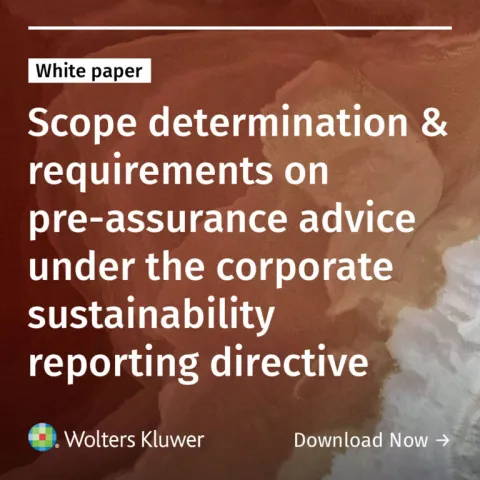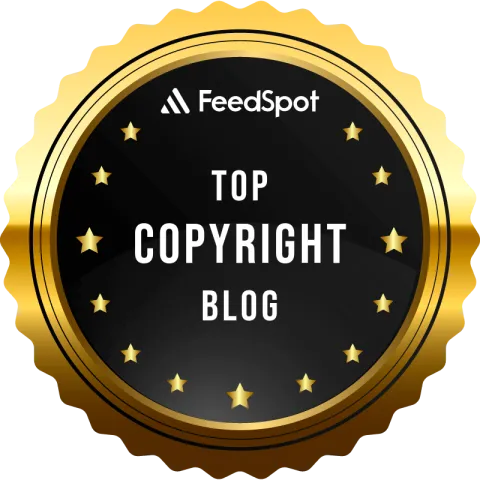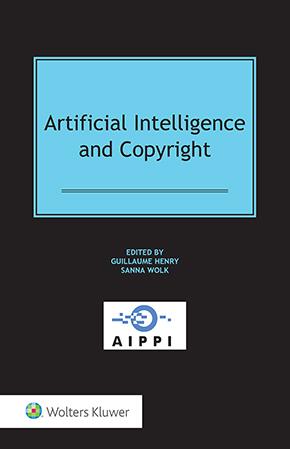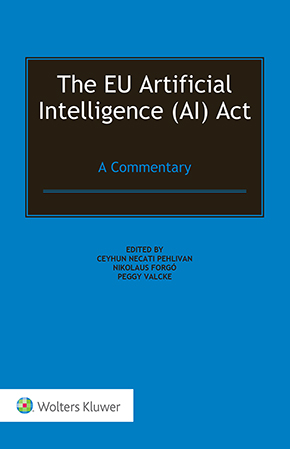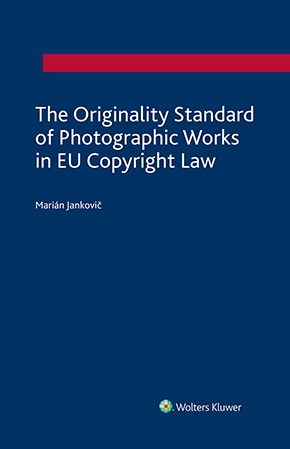An EU Copyright Framework for Research: Opinion of the European Copyright Society
August 4, 2025
The European Copyright Society (ECS) has published its Opinion on an EU copyright framework for research. The Executive Summary is reproduced below and the full Opinion is available here.
Executive Summary
Research and academic freedom are at the core of the EU project. Yet, the relationship between EU copyright law and research is intricate. Research and education interests have traditionally been recognized within copyright law to some degree, however, the current EU copyright acquis is not really conducive to an effective research environment. This jeopardises the fulfilment of the EU’s ambitions in the field.
Building on the pillars of action of the European Research Area (ERA) Policy Agenda 2022-2024 and its follow-up, the ECS emphasises the need for a copyright framework that fosters research, and supports the call for immediate action on the EU copyright framework to address the most pressing challenges it raises for European researchers and their institutions.
This Opinion stresses the need to ensure a proper balance between IP rights, protected under Article17(2) CFREU, and the freedom of art and science (Article 13 CFREU), coupled with the ‘right to research’, as enshrined in international legal instruments (UDHR and ICESCR), the objectives of the EU treaties, and the CFREU and ECHR. Various EU and national legal instruments are in place that facilitate access and reuse of scientific works, but these have several shortcomings. They weaken the effective balance between copyright, research policy needs, and the fulfilment of ERA policy goals, including the EU Open Science agenda.
The Opinion focuses on the flaws in key provisions aimed at balancing copyright and research needs: the general InfoSoc Directive research exception, the text and data mining exception of the CDSM Directive and national secondary publication rights. It also briefly assesses the interface between copyright and(research) data regulation. We propose several policy interventions to address the identified shortcomings. These include the introduction of an EU-wide secondary publication right with specific characteristics; the amendment of text and data mining exceptions; the creation of a general mandatory research exception overcoming the challenges raised by Article 5(3)(d) InfoSoc; and a more careful legislative drafting to reduce legal complexity and ensure consistency across copyright and data legislation.
The European Copyright Society (ECS) was founded in January 2012 with the aim of creating a platform for critical and independent scholarly thinking on European Copyright Law and policy. Its members are scholars and academics from various countries of Europe, seeking to articulate and promote their views of the overall public interest on all topics in the field of authors rights, neighbouring rights and related matters. The ECS is neither funded nor instructed by any particular stakeholders. Its Opinions represent the independent views of a majority of ECS members. The ECS sees it as part of its mission to give opinions on cases pending at the Court of Justice of the EU (hereinafter CJEU or Court).


